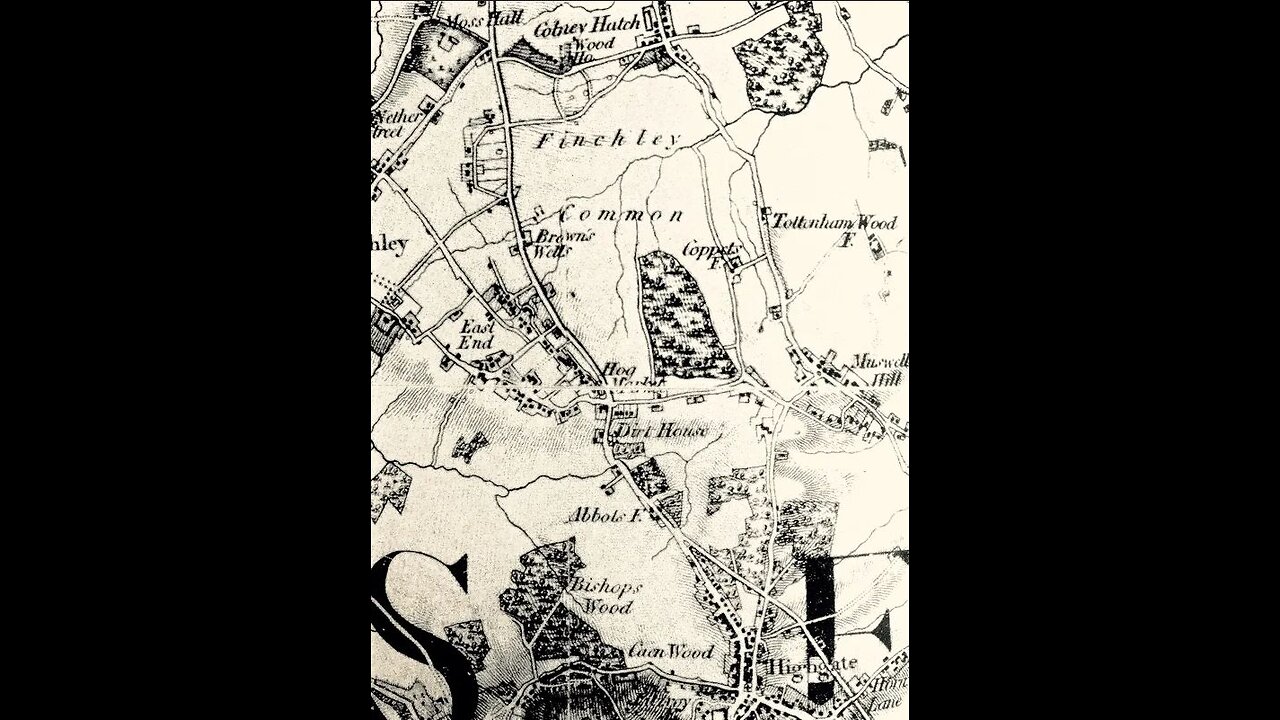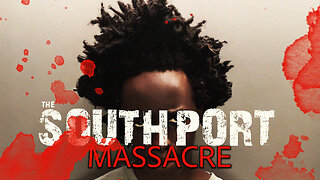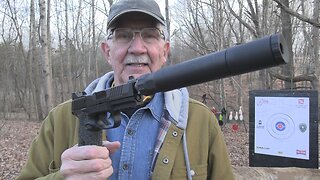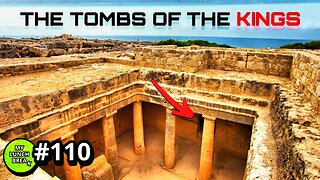Premium Only Content

"Paul Clifford", Chapter 10, by Edward Bulwer-Lytton
Unlike the ribald, whose licentious jest
Pollutes his banquet, and insults his guest,
From wealth and grandeur easy to descend,
Thou joy'st to lose the master in the friend.
We round thy board the cheerful menials see, Gay—
with the smile of bland equality;
No social care the gracious lord disdains;
Love prompts to love, and reverence reverence gains.
Translation of LUCAN to Paso,
Prefixed to the Twelfth Paper of "The Rambler."
----
And today's lesson is: it's not what you say, it's how you say it! :)
There is a footnote in the book after Augustus's first lesson to Paul about that very thing: We observe in a paragraph from an American paper, copied without comment into the "Morning Chronicle," a singular proof of the truth of Tomlinson's philosophy! "Mr. Rowland Stephenson," so runs the extract, "the celebrated English banker, has just purchased a considerable tract of land," etc. Most philosophical of paragraphists! "Celebrated English banker!" - that sentence is a better illustration of verbal fallacies than all Bentham's treatises put together. "Celebrated!" O Mercury, what a dexterous epithet!
Finchley Common was an area of land in Middlesex, north of London, and until 1816, the boundary between the parishes of Finchley, Friern Barnet and Hornsey. From wikipedia:
"It has been said that enclosure was the end of the highwayman on Finchley Common; but actually the period of this kind of crime was ending with the encouragement of paper money (then easily traced) through an Act for "Restricting Cash Payments" (1797). This enabled the use of £1 notes, and consequently travellers to London no longer carried huge amounts of gold on them. The other was the introduction of a simple police force: the Bow Street Horse Patrol patrolled the high road from Highgate to Barnet between 1805 and 1851.
"It was this patrol rather than enclosure that terminated the age of the highwayman on Finchley Common, but enclosure was generally held as responsible at the time. The last recognisable highwaymen are George Hurt and Enoch Roberts, who robbed Charles Locke in 1807 which is also the first case in which a member of the patrol (Wiliam Pickering) is mentioned."
Our story is set during the French Revolutionary period, so right at the end of the period in which Finchley Common was still a common place for highwaymen. And the author would have known that, writing in 1830, which is probably why has the one character lament an anticipated end of their operations in the near future.
Whist: an English trick-taking card game widely played in the 18th and 19th centuries.
woundy: extremely, excessively
gill: in the British system of measures, a gill was 5 fluid ounces, or 1/4 pint. For the metric users, that's 142 ml. (In the US system, a gill would be 4 ounces, or 118 ml.)
dégagé: unconcerned or unconstrained; relaxed
clyfaker: pickpocket
bingo: brandy
peculation: Formally, this is defined as: " The wrongful appropriation or embezzlement of shared or public property, usually by a person entrusted with the guardianship of that property." The etymology from Latin is from the past particle stem of pecūlor ("to defraud the public").
perquisites: perks
spooney: as used here, a silly or foolish person
taratarantarum: appears to be a made-up word
poll: head or neck
humdudgeon: any imaginary illness, low spirits; thus humdurgeoned: annoyed. This is apparently a Scottish word
bobbish: in good spirits; hearty
nob: a person of wealth or status
ruffler: a bully, cheat, or violent or swaggering blackguard. There appear to be a number of other possible (slang) meanings of the word, but that one appears to be the argot definition, and it seems to fit here well enough.
tipple: drink alcohol
Yes, I didn't actually sing the songs in this chapter. It really is for the best, I'm a terrible singer. Besides, I don't know any of the tunes those lyrics are supposed to be set to, so wouldn't know how to sing it anyways. If you happen to be a musician, you might consider figuring out the tune and making a little recording of the songs :)
The picture used is from a map showing Finchley Common in the late 18th century
To follow along: https://www.gutenberg.org/files/7735/7735-h/7735-h.htm#link2HCH0010
-
 2:32:17
2:32:17
Sgtfinesse
5 hours ago💥Sunday Morning Hunt for Featherweight Artifact | New World PVP Server: Sclavia
57K3 -
 11:25
11:25
Film Threat
21 hours agoLET'S DISCUSS THE 2025 OSCAR NOMINATIONS | Film Threat News
41.7K14 -
 13:07
13:07
DEADBUGsays
5 hours agoThe Southport Massacre, The Great British Cover-Up
36.7K22 -
 25:26
25:26
hickok45
8 hours agoSunday Shoot-a-Round # 265
31.1K27 -
 30:55
30:55
Tundra Tactical
19 hours ago $17.84 earnedFaith, Family, Gun Rights : Tundra Tactical Interviews Erich Pratt Vice President Of GOA
107K35 -
 24:08
24:08
MYLUNCHBREAK CHANNEL PAGE
1 day agoUnder The Necropolis - Pt 4
243K83 -
 1:26:44
1:26:44
Tactical Advisor
1 day agoTrump Starting Strong/Shot Show Recap | Vault Room Live Stream 015
132K10 -
 49:13
49:13
SGT Report
1 day agoGILDED CAGE: A.I. PRODUCED MRNA VACCINES & THE ROAD TO HELL -- Sam Anthony
86.5K571 -
 17:00
17:00
BIG NEM
18 hours agoI Spent 10 Years Making a Movie About a 40 Year Old VIRGIN
15.9K1 -
 17:01
17:01
RealitySurvival
14 hours agoRussia's Anti-Satellite Weapon Could Disable Your Commuter Car!
11.3K